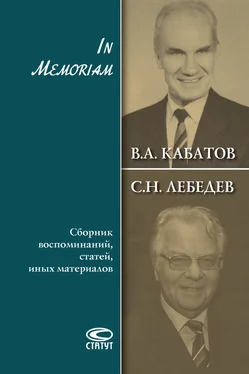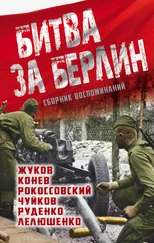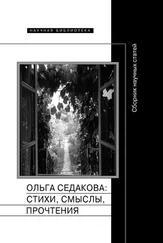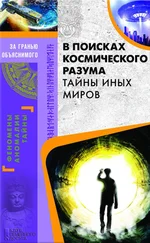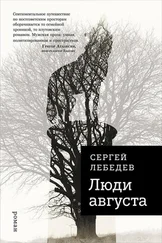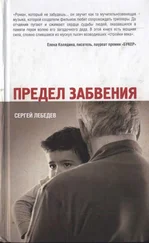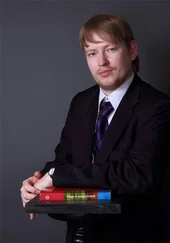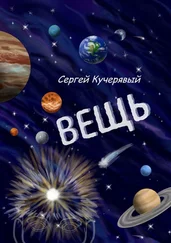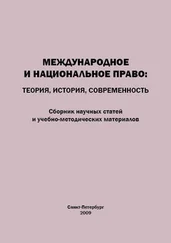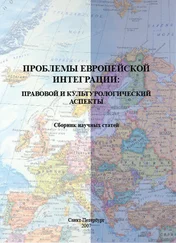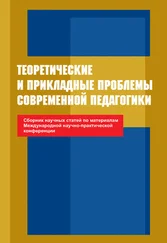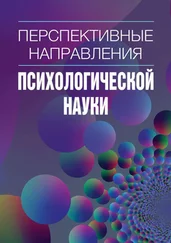2. Working with professor Lebedev in UNCITRAL
When I had been appointed as a representative of Finland to participate in the work on the Model Law, I was looking forward to working with some of the foremost experts in international commercial arbitration, among those Professor Lebedev. He did, however, not attend the first meetings of the working group but he played later a very active and constructive role in particular at UNCITRAL’s 18 thsession, where the work was finalised and the Model Law was adopted on 21 June 1985. In particular I remember that he, in despite of his hesitations, in the spirit of compromise accepted the provision in Art. 1(3)(c) of the Model Law according to which an arbitration is international and thus the Model Law is applicable, if the parties have expressly agreed that the subject matter of the arbitration agreement relates to more than one country.
On its 31 stsession, which was held in 1998, i.e. forty years after the adoption of the New York Convention on the Recognition and Enforcement of Foreign Arbitral Awards (Convention), UNCITRAL held a special commemorative New York Convention Day in order to celebrate the fortieth anniversary of the Convention. Speeches were first given by Professor Pieter Sanders and Dr. Ottoarndt Glossner who had participated in the diplomatic conference that adopted the Convention. In addition leading experts, among those of course Professor Lebedev, gave reports on matters relating to the significance of the Convention; its promotion, enactment and application; the interplay between the Convention and other international legal texts on international commercial arbitration (such as the Model Law and the European Convention on International Commercial Arbitration) and legal issues that were not covered by the Convention. In the reports, various suggestions were made for presenting to UNCITRAL some of the problems identified in practice so as to enable UNCITRAL to consider whether any work by UNCITRAL would be desirable and feasible. The topic of Professor Lebedev’s report was “Court Assistance with Interim Measures”. When the Model Law was amended in 2006 the most important amendments concerned the interim measures.
The Commission considered at its 31 stsession that it would be useful to engage in such a consideration of possible future work at its 32 thsession in 1999 and requested the Secretariat to prepare, for that session a note that would serve as a basis for the consideration of the Commission.
At its 32 ndsession in 1999 the Commission had before it the requested note. The Commission generally considered that the time had come to assess the extensive and favourable experience with national enactments of the Model Law as well as the use of the UNCITRAL Arbitration Rules and the UNCITRAL Conciliation Rules, and to evaluate in the universal forum of the Commission the acceptability of ideas and proposals for improvement of arbitration laws, rules and practices. The Commission entrusted the work to one of its working groups, which it named Working Group on Arbitration (later renamed, Working Group on Arbitration and Conciliation; Working Group II Arbitration and Conciliation and now called Working Group II Dispute Settlement) and decided that the priority items for the Working Group should be conciliation, requirement of written form for the arbitration agreement, enforceability of interim measures of protection, and possible enforceability of an award that had been set aside.
The Working Group prepared the UNCITRAL Model Law on International Commercial Conciliation (2002), the amendments to the UNCITRAL Model Law on International Commercial Arbitration (1985) adopted in 2006, the UNCITRAL Arbitration Rules (as revised in 2010), the UNCITRAL Arbitration Rules (with new Article 1(4) as adopted in 2013), the UNCITRAL Rules on Transparency in Treaty-Based Investor-State Arbitration (effective date 1 April 2014), the Convention on Transparency in Treaty-Based Investor-State Arbitration, also referred to as the “Mauritius Convention on Transparency” (New York, 2014) and the UNCITRAL Notes on Organizing Arbitral Proceedings (2016). Since 2015 the Working Group has considered the topic of enforceability of international commercial settlement agreements resulting from conciliation.
Professor Lebedev participated as a representative of the Russian Federation actively in the work of this Working Group as well as in the deliberations that took place when the products of the Working Group were before the Commission. His interventions were always constructive and balanced. He also had the ability to listen to and to take into account arguments presented by others. His contribution to the achievements of the Working Group was considerable, in particular when the Model Law and the UNCITRAL Arbitration Rules were revised.
3. Professor Lebedev as Сo-arbitrator
From 2004 to 2007 I had the honour and the pleasure to chair an arbitral tribunal where Professor Lebedev was one of the two party-appointed arbitrators. The case became public, since the Claimant brought an action for setting aside the final award before the Svea Court of Appeal.
The case concerned a contract for the purchase and resale of uranium from nuclear weapons from the former Soviet Union. The claimant Globe Nuclear Services and Supply (GNSS) had purchased such uranium from AO Techsnabexport (Tenex) for resale. Tenex was responsible for all of Russia’s exports of uranium products and uranium services and was wholly-owned by the Russian state. GNSS was formed as a joint venture between Tenex and a Swiss company, to support Tenex with marketing and distribution. The ownership of GNSS had since then changed and it was now privately held.
The tribunal found by majority that the circumstances in which the contract between GNSS and Tenex was made were such, that it would having knowledge of these circumstances be inequitable to enforce that contract. Since GNSS was aware of these circumstances when the contract was concluded, the tribunal held that that GNSS was not entitled to rely on that contract and that GNSS’s claim for damages because of breach of contract was not made out. On this ground the tribunal dismissed all GNSS’s claims.
Although the grounds on which the arbitral tribunal eventually dismissed GNSS’s claims from a legal point of view may seem rather simple, several quite complicated legal issues were discussed in the parties’ pleadings. The arbitral tribunal rendered on 31 August 2006 a partial award on liability issues. As Professor Lebedev said in his dissenting opinion with regard to this partial award, the case was a very complicated one in view of numerous arguments and counter-arguments put forward by the parties, and the need to assess a variety of facts and actions taken by them and by other persons and authorities, and to interpret a whole set of documentation and evidence submitted to the arbitral tribunal.
In the partial award the tribunal decided inter alia questions relating to arbitrability, the law applicable to the merits, whether the GNSS-Tenex Contact according to the Agreement between the Government of the United States of America and the Government of the Russian Federation Concerning the Disposition of Highly Enriched Uranium Extracted from Nuclear Weapons required approval of the US and Russian Governments, whether GNSS was entitled to purchase UF 6Feed Component from Tenex and whether Tenex was eligible to sell the component to GNSS, whether the termination of sales to GNSS was due to an Act of State and whether liability for force majeure was excluded by the GNSS-Tenex Contract.
After this partial award had been rendered, Tenex submitted new evidence, which had come up in ongoing criminal investigation in Russia and in the United States of America. The tribunal decided in December 2006 to allow this evidence. The Tribunal’s decision to dismiss the Claimant’s claims on the grounds mentioned above was mainly based on the evidence that cane up in the aforementioned investigation and that was presented by Tenex after the above mentioned partial award on liability issues had been rendered.
Читать дальше
